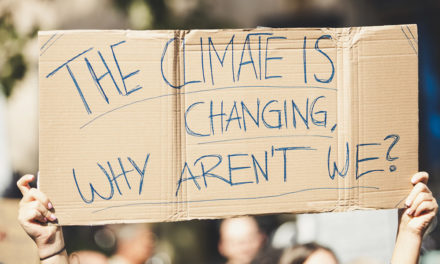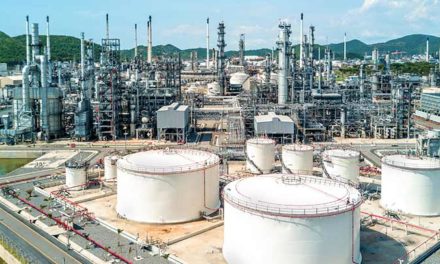This years Earth Day marks the 50th anniversary of the annual event. The theme surrounds climate action and the many challenges that we must face in order to successfully combat the harmful impacts of climate change.
As larger developed nations continue to turn a blind eye to the most defining issue of our generation, other countries across the globe are doing their part to take care of our homes. While the news may not be so forgiving when it comes to the environment, and rightly so, it’s still important to recognise the efforts made by smaller nations that have gone unnoticed.
We should be taking a leaf out of the book of these countries – no pun intended.
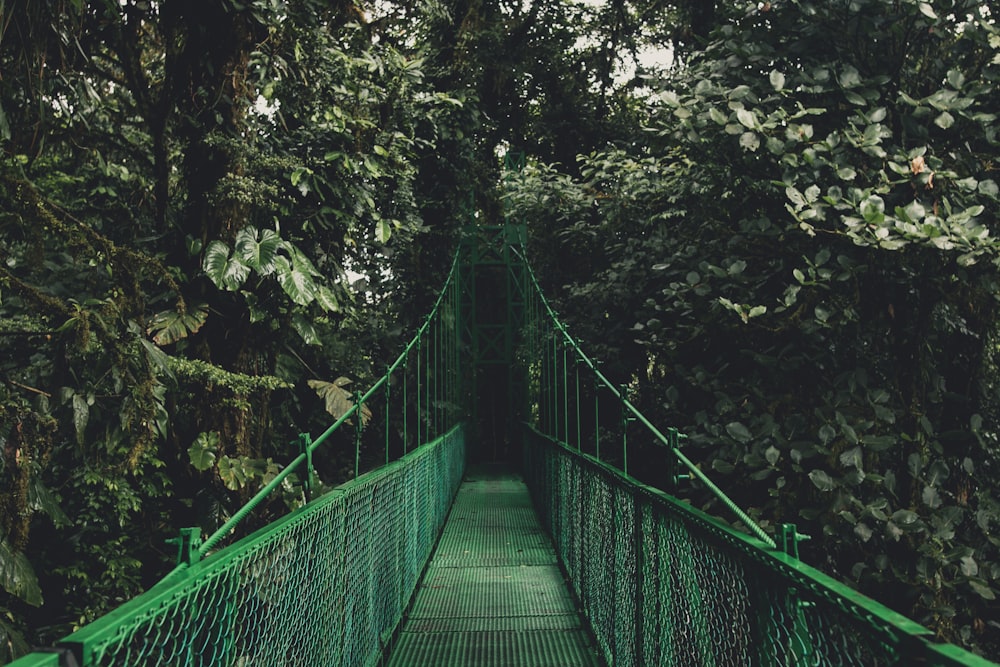
- Costa Rica
While Costa Rica might not receive the attention it deserves for its environmental policies, the country has been on an impressive journey to sustainability for a number of years. In 2009, the country was selected by the New Economics Foundation as the greenest country worldwide. Costa Rica mostly runs on renewable energy, in fact, in 2015 the country spent 299 days without burning coal, oil or any natural gases. It’s currently on course to becoming carbon-neutral by 2050.
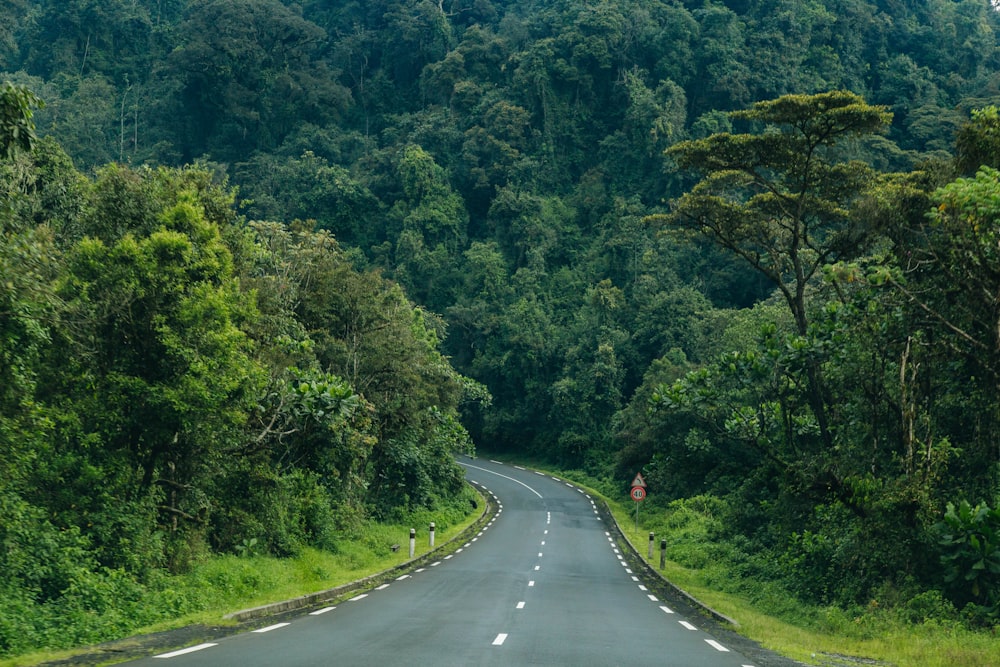
- Rwanda
Known as one of the cleanest countries in Africa, Rwanda is paving the way for green growth. As other countries scurry to implement any kind of ban on plastic, Rwanda banned the use of non-biodegradable plastic bags and packaging back in 2008. When the World Economic Forum convened in 2018, UN Environment Programme Eric Solheim named Kigali as the world’s cleanest city as a result of its green initiatives.
Uniquely, Rwanda enlists the help of its citizens in its quest for a green economy. Each month, a day is set aside for people to partake in community service which includes cleaning the streets and planting new trees. The day is known as Umuganda which translates to “coming together in common purpose”. The country’s goal is to build a low-carbon and climate resilience green economy by 2050.
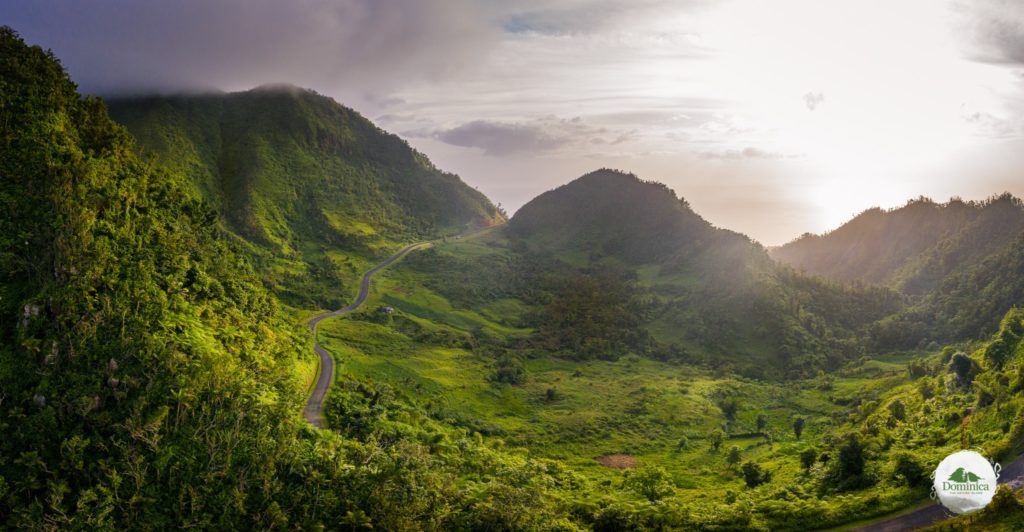
- Dominica
As a small island in the Caribbean, Dominica is no stranger to the adversity of climate change. In 2017, the island nation fell victim to Hurricane Maria which destroyed a significant part of the island. Despite barely contributing to global emissions, small islands are the ones who must pay the price and work to find a solution out of survival and necessity.
The Caribbean island has utilised revenue from its Citizenship by Investment Programme to fund important national development projects rooted in boosting sustainability. One of the biggest projects currently underway on the island is the far-reaching housing initiative which aims to build 5,000 weather-resistant and affordable homes for its citizens. Aside from that, Dominica introduced one of the world’s most comprehensive plastic bans, as recognised by National Geographic, and plans to build a geothermal plant for access to renewable energy. It aims to become the world’s first climate-resilient nation, as pledged by Prime Minister Roosevelt Skerrit.
- This Artist is Making the Underwater Arena His Canvas - 28th April 2021
- A Video Game that Promotes Peace and Conflict Resolution - 15th March 2021
- Netflix’s ‘Living Undocumented’ is a Difficult Series to Watch, and Exactly Why We Should - 9th March 2021

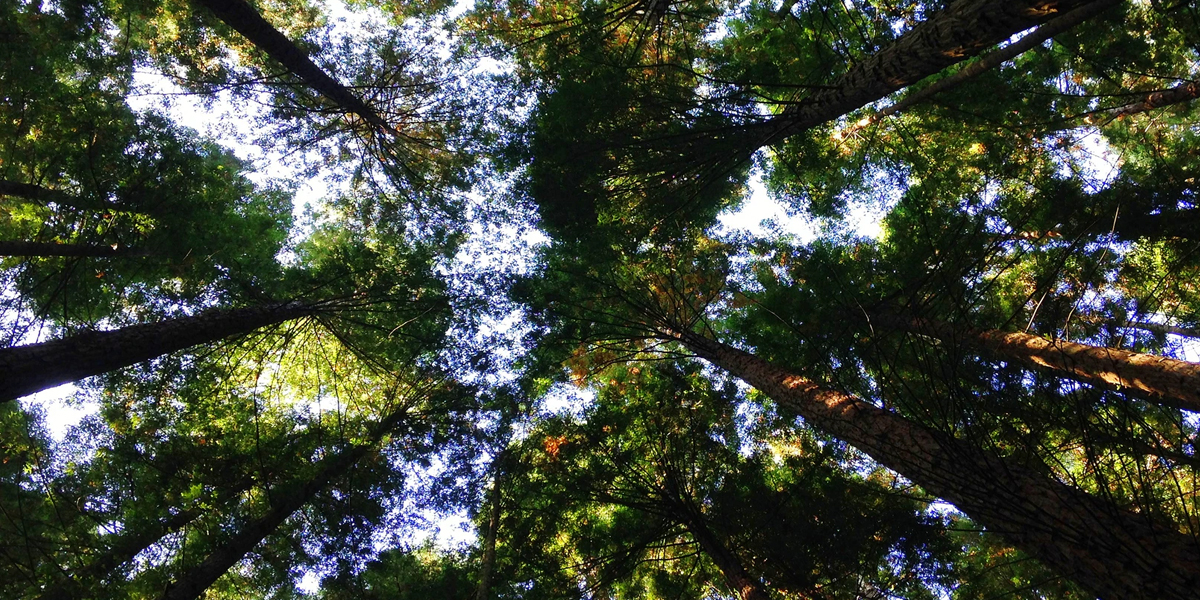
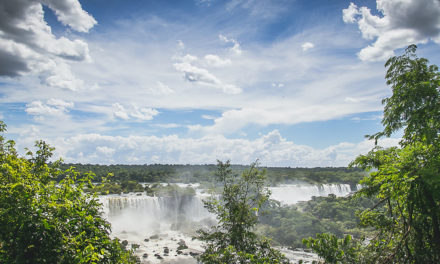
![[Re]thinking Climate Change](https://trulybelong.com/wp-content/uploads/2018/02/rethinkingO-440x264.jpg)
